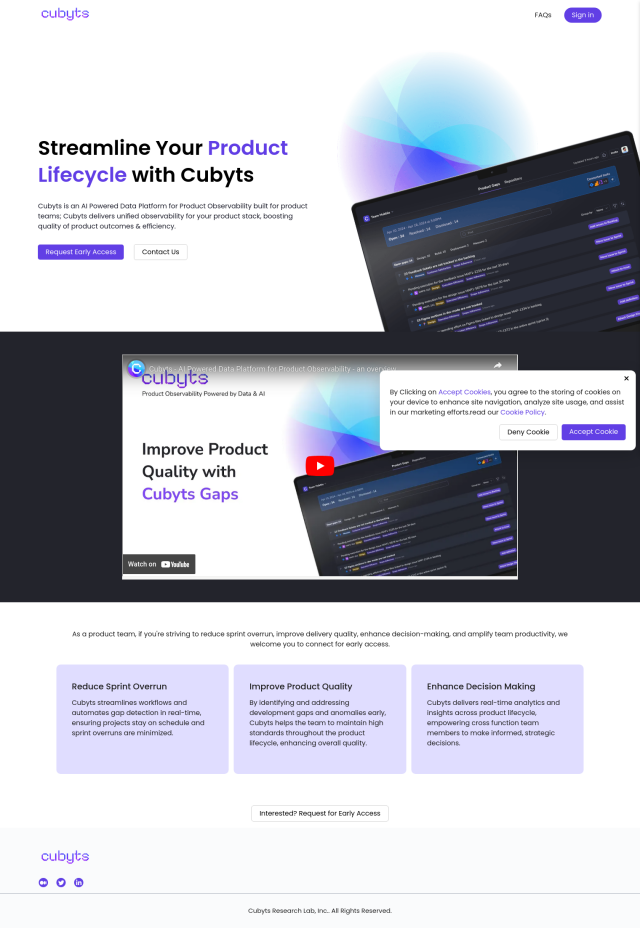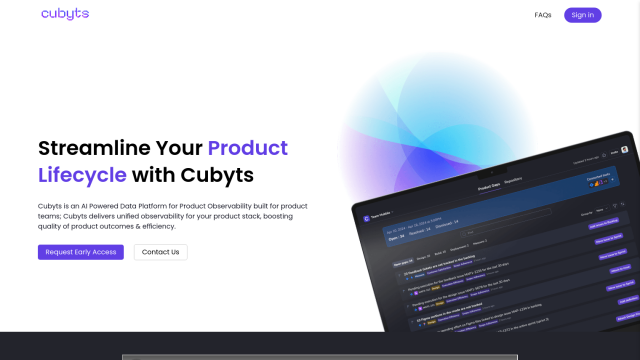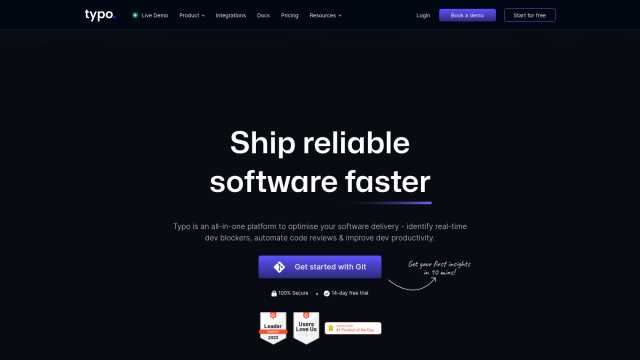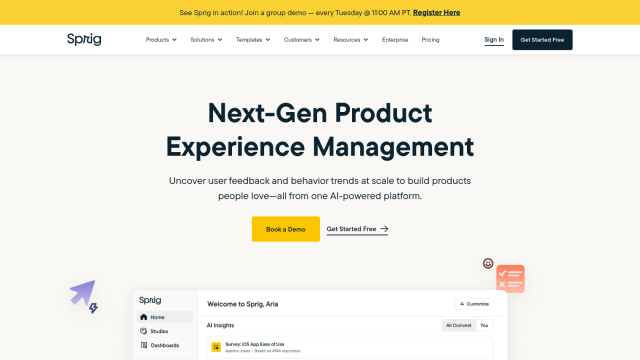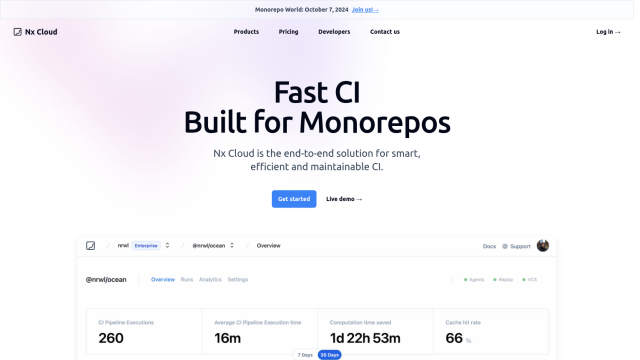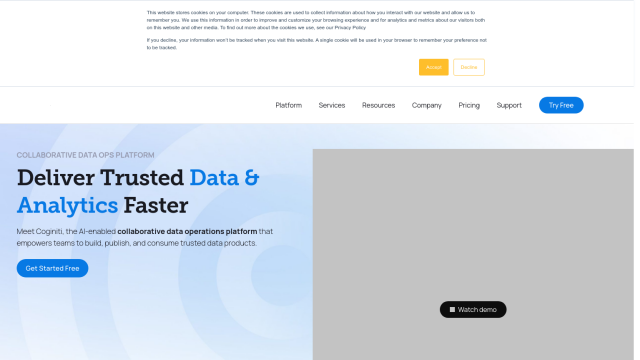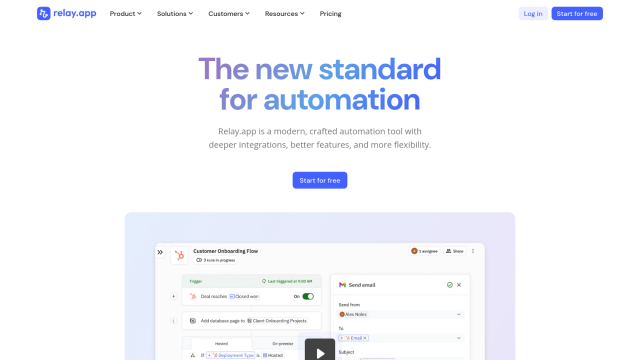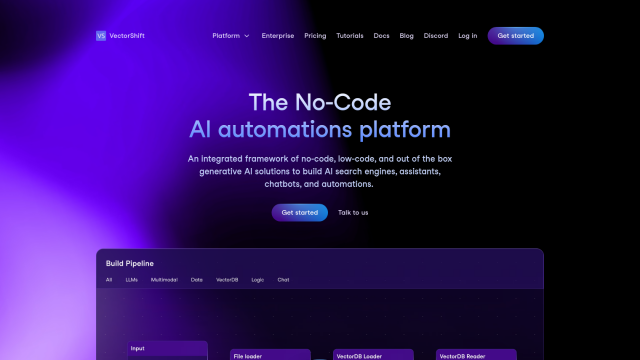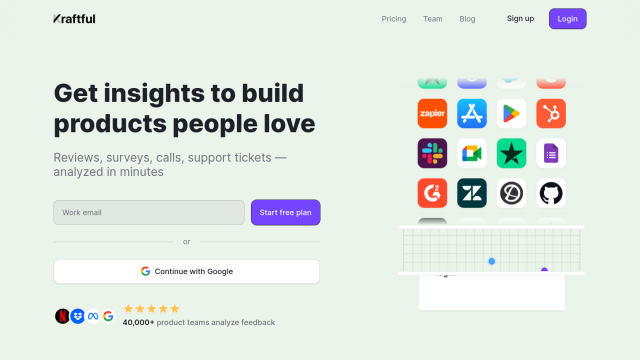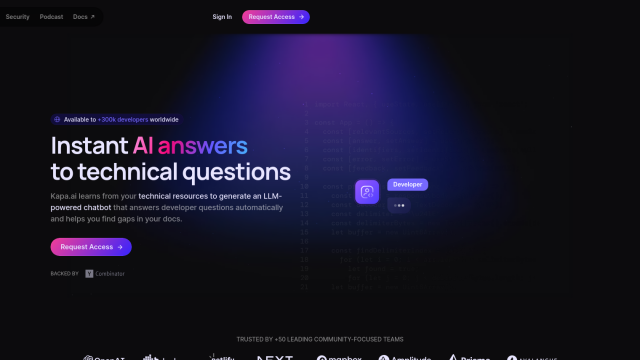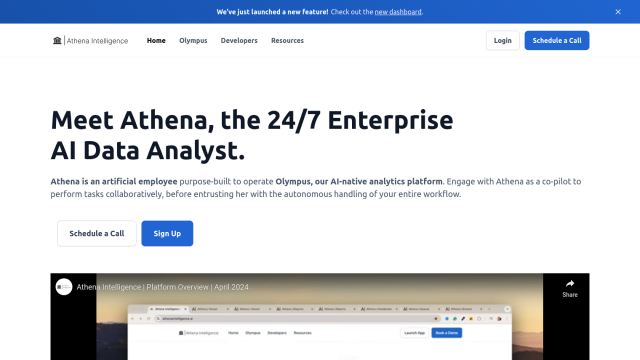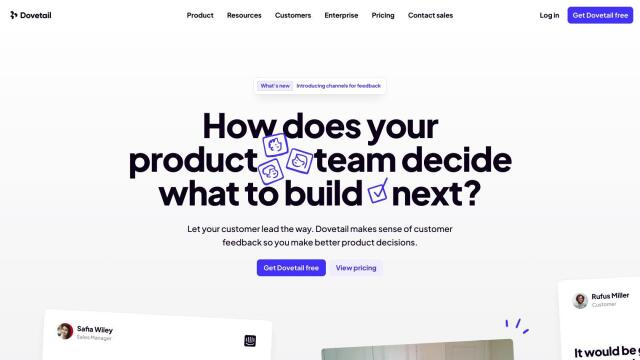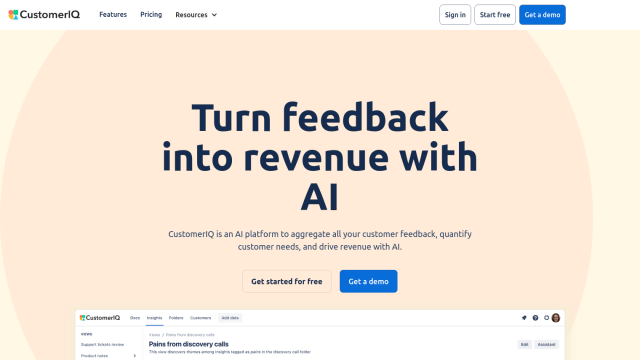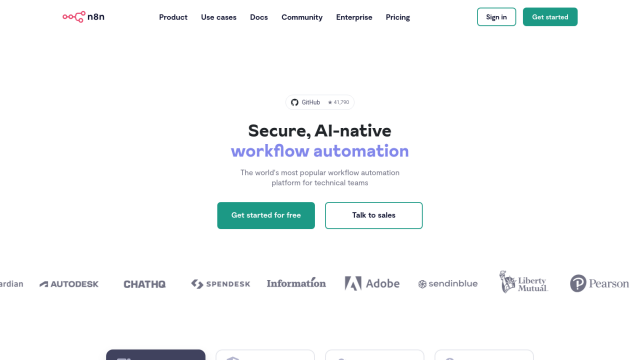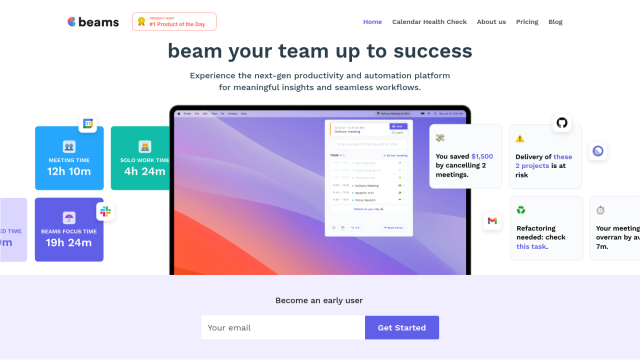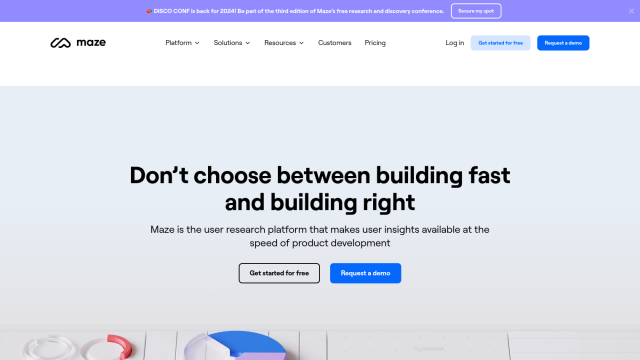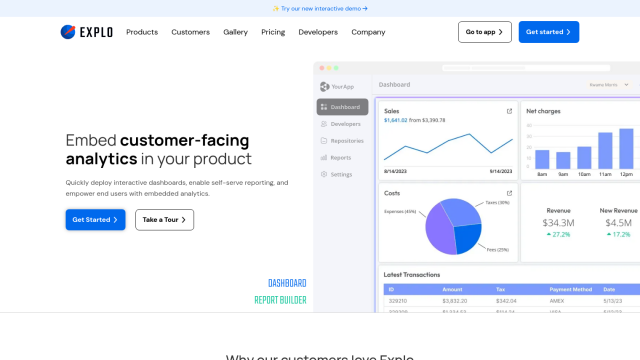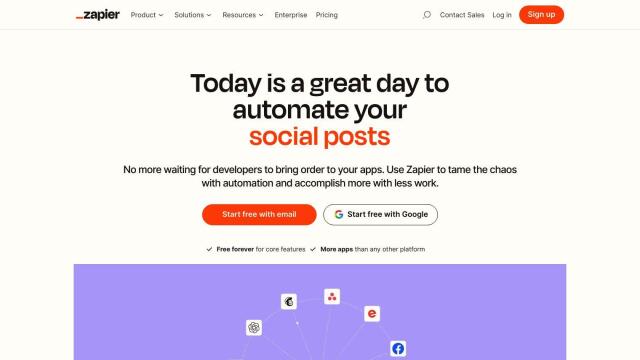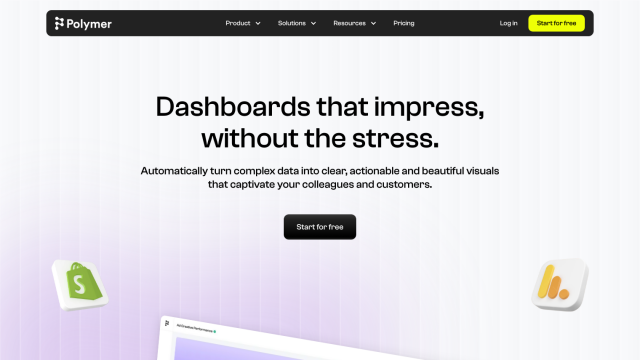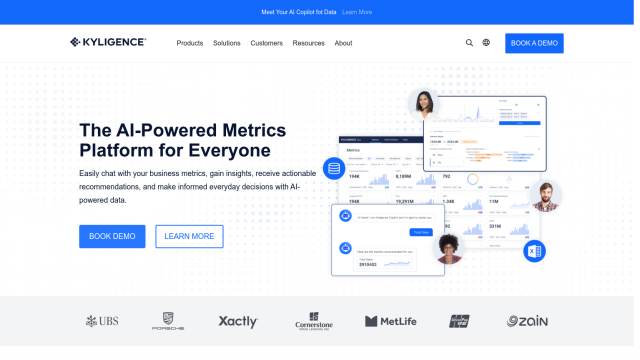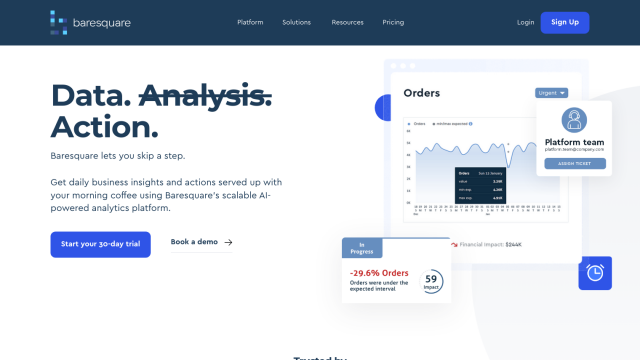
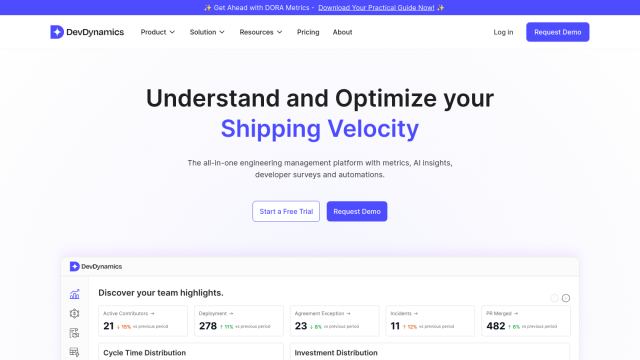
DevDynamics
If you're looking for a Cubyts alternative, DevDynamics is another option. This engineering management platform, designed to be an all-in-one solution, provides real-time metrics and AI insights to help teams make data-driven decisions and optimize engineering capacity. It can integrate with GitHub, Jira, GitLab, Slack and Linear, and includes features like DORA and SPACE benchmarking, persona dashboards and actionable alerts. It's designed to help teams improve engineering velocity, quality and team health, so it's a good fit for product teams looking to improve their efficiency and quality results.

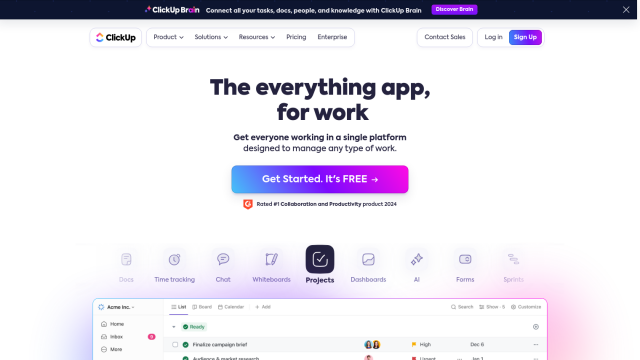
ClickUp
Another good option is ClickUp, an all-in-one project management tool. It combines tasks, goals and chat in one place so teams can work more efficiently and collaborate better. ClickUp features include centralized project communication, no-code automation tools and customizable views. It can integrate with other apps and services, and there are different pricing levels depending on the size of your team and needs. It's designed to help teams work more efficiently and get more done, so it's a good fit for product teams.

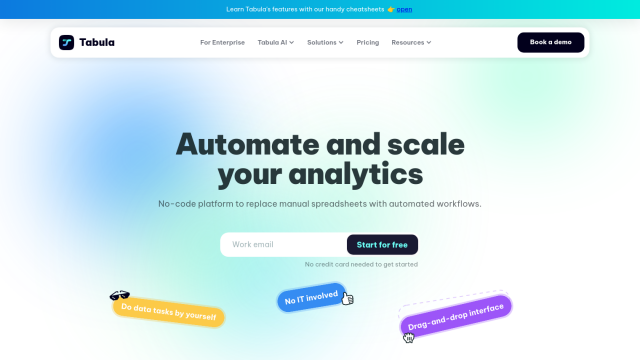
Tabula
If you like data visualization and automation, Tabula is another option. This AI-powered, no-code platform lets business and data teams combine, transform and visualize data, automating workflows and getting real-time insights. It can integrate with popular data tools, and features include automated workflows, custom metrics and advanced filters. Tabula is designed to be useful to both technical and non-technical people, and it can be deployed as an on-premise, cloud or desktop app. It's a good option for businesses with a variety of needs.

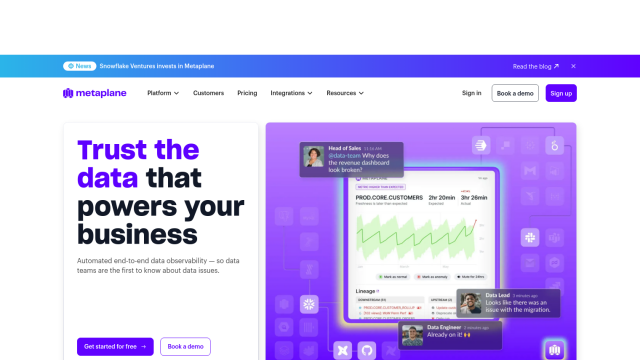
Metaplane
Last, Metaplane is a data observability platform that automates end-to-end data observability so data teams can quickly identify and resolve data issues. It offers ML-based monitoring, anomaly detection and real-time schema change alerts. By connecting to tools in the modern data stack, Metaplane cuts the time spent on data triage, so data teams can have more trust in their data and work more collaboratively. It's a good option for teams that want to improve data quality and reliability, which in turn can improve product development and delivery.
